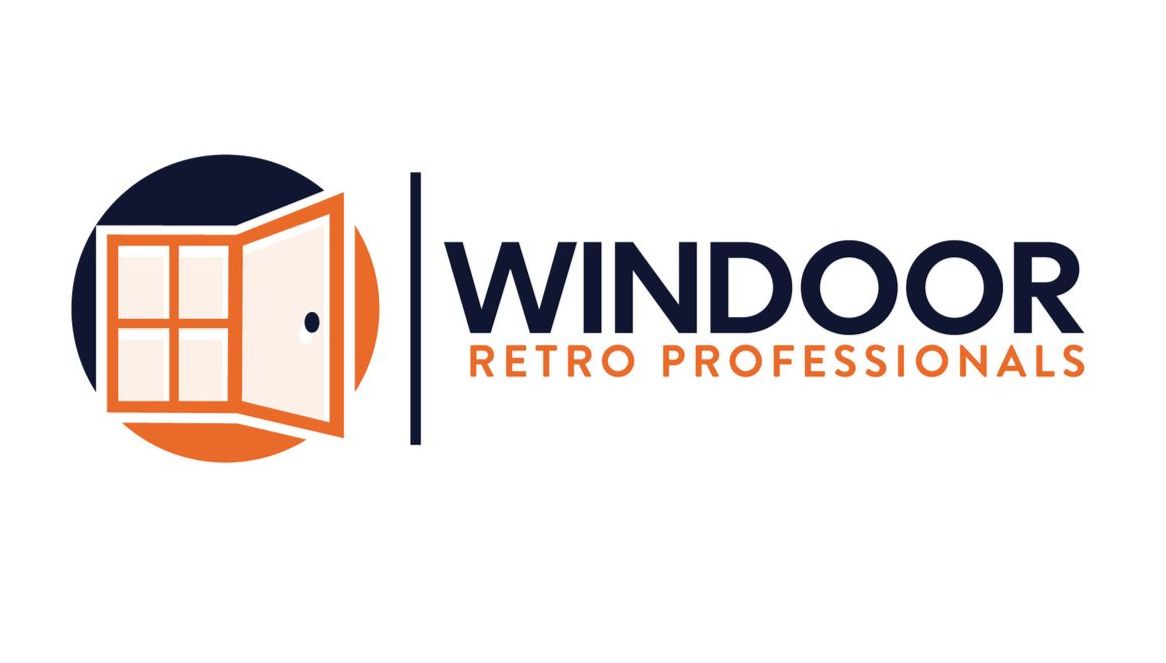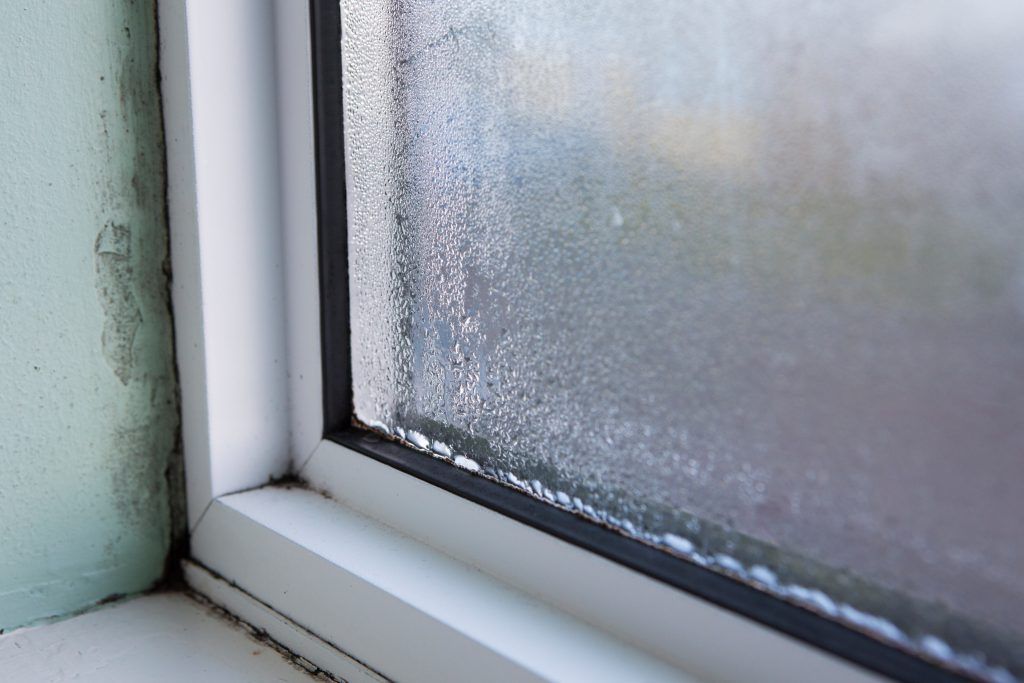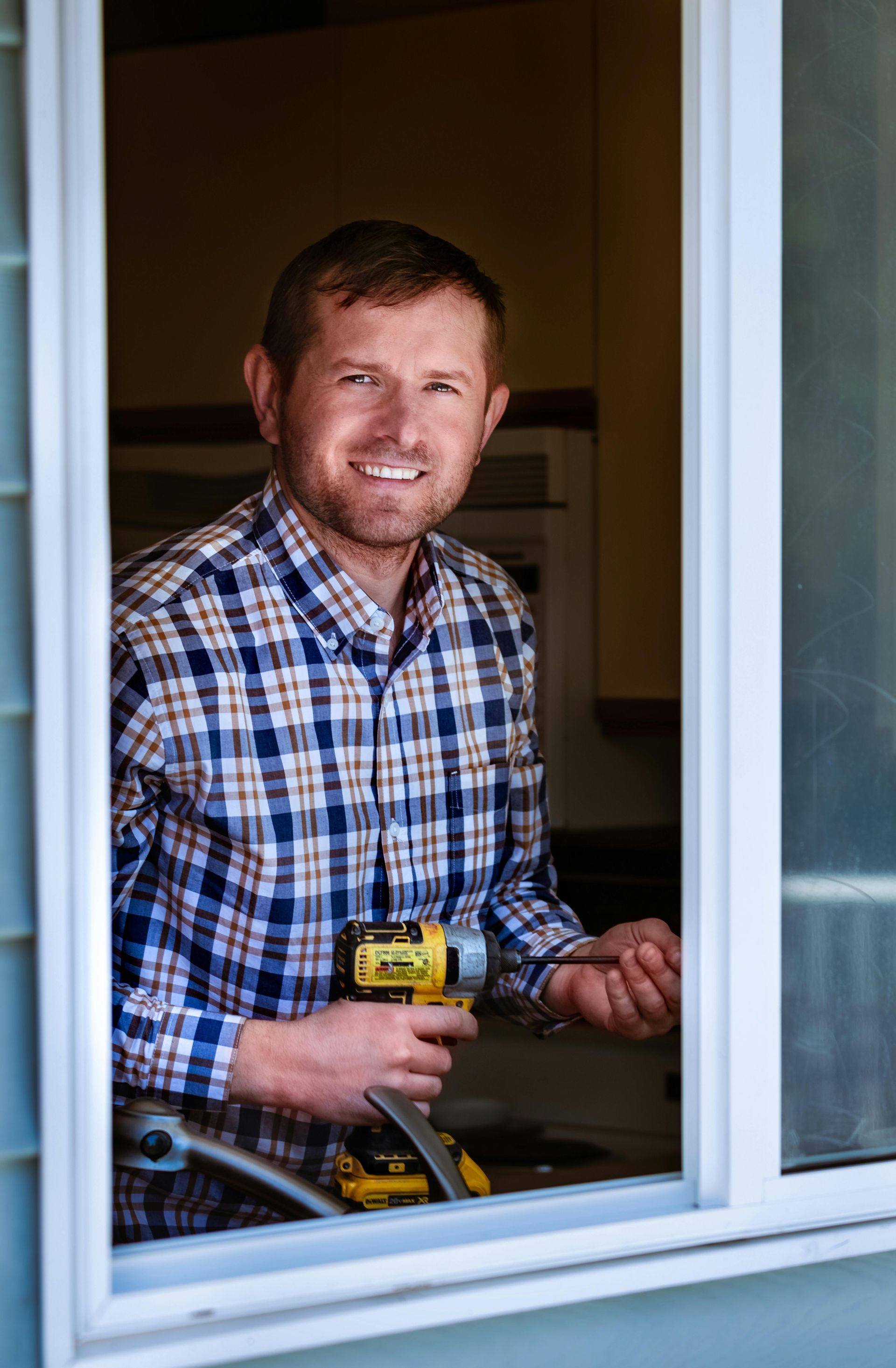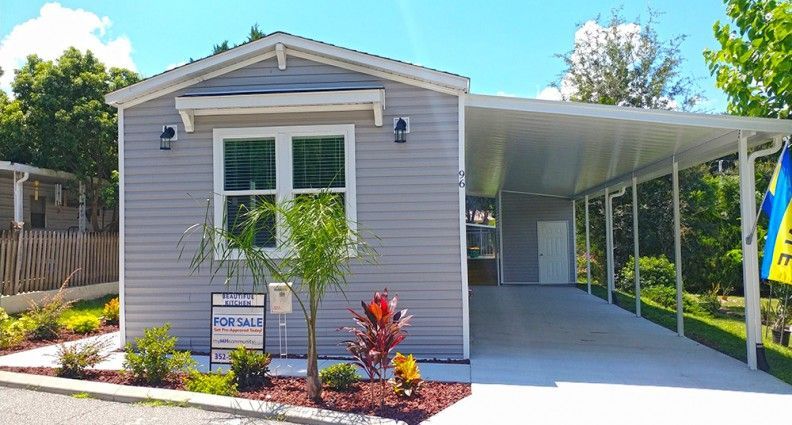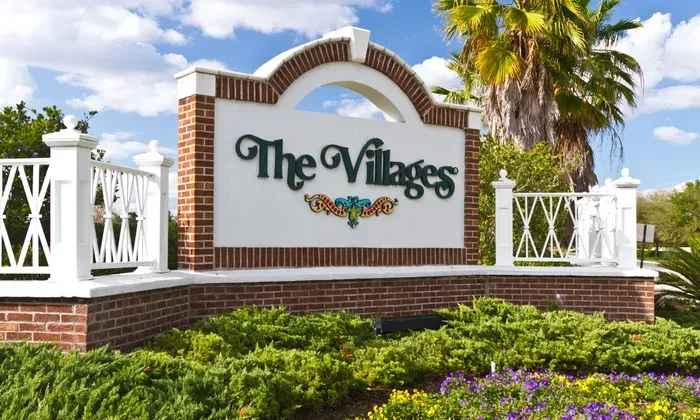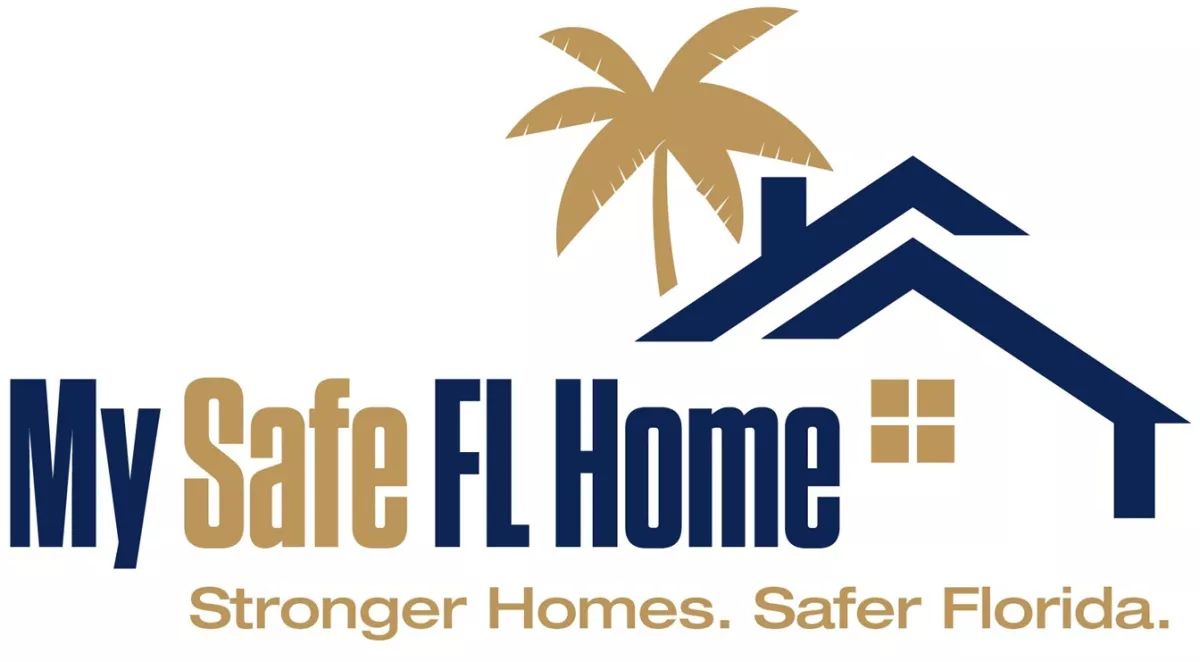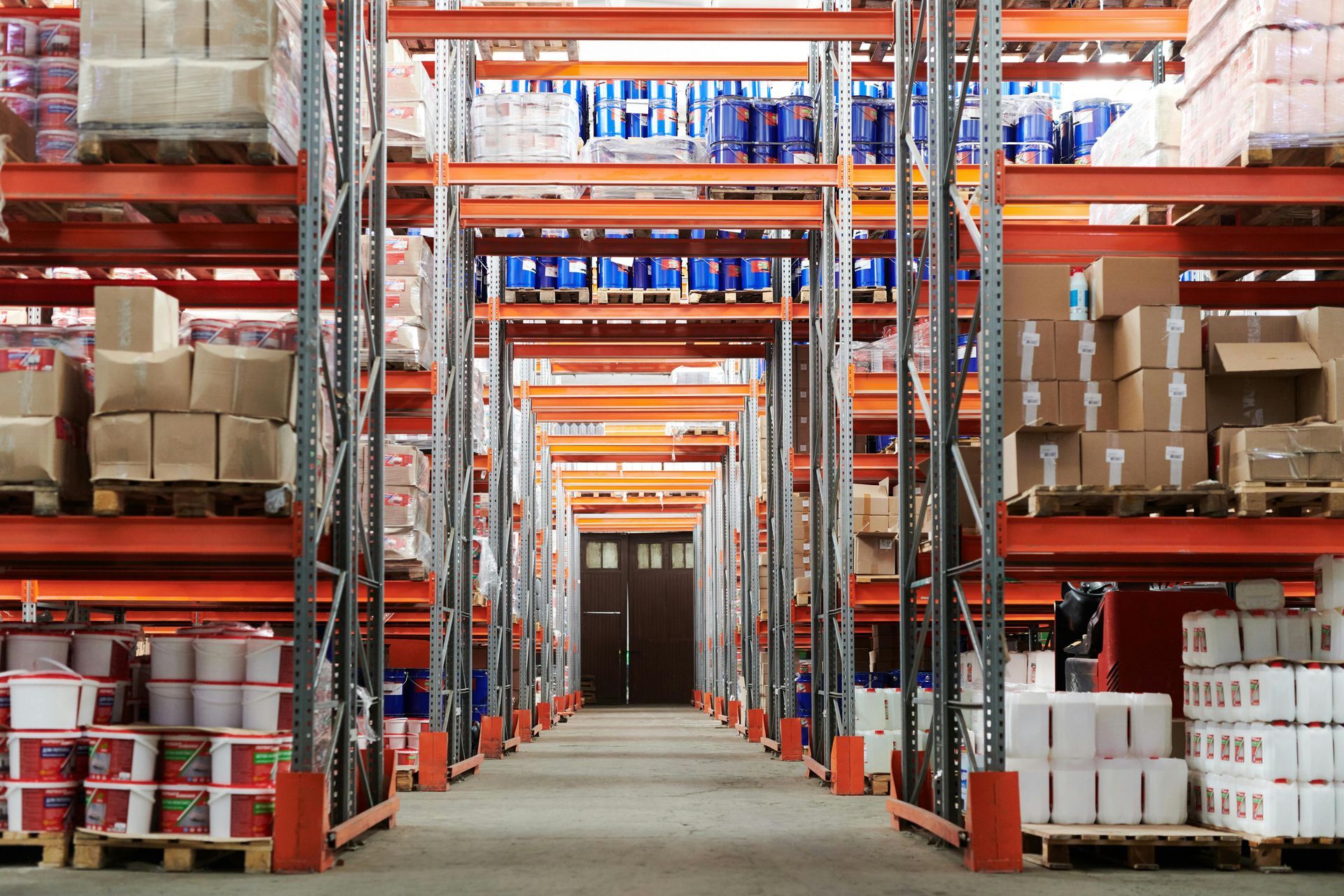Tinted Windows vs. Low-E Coatings: What Should You Really Put on Your Glass?
The Science, the Sales Pitches, and the Truth Behind Window Tint and Low-E
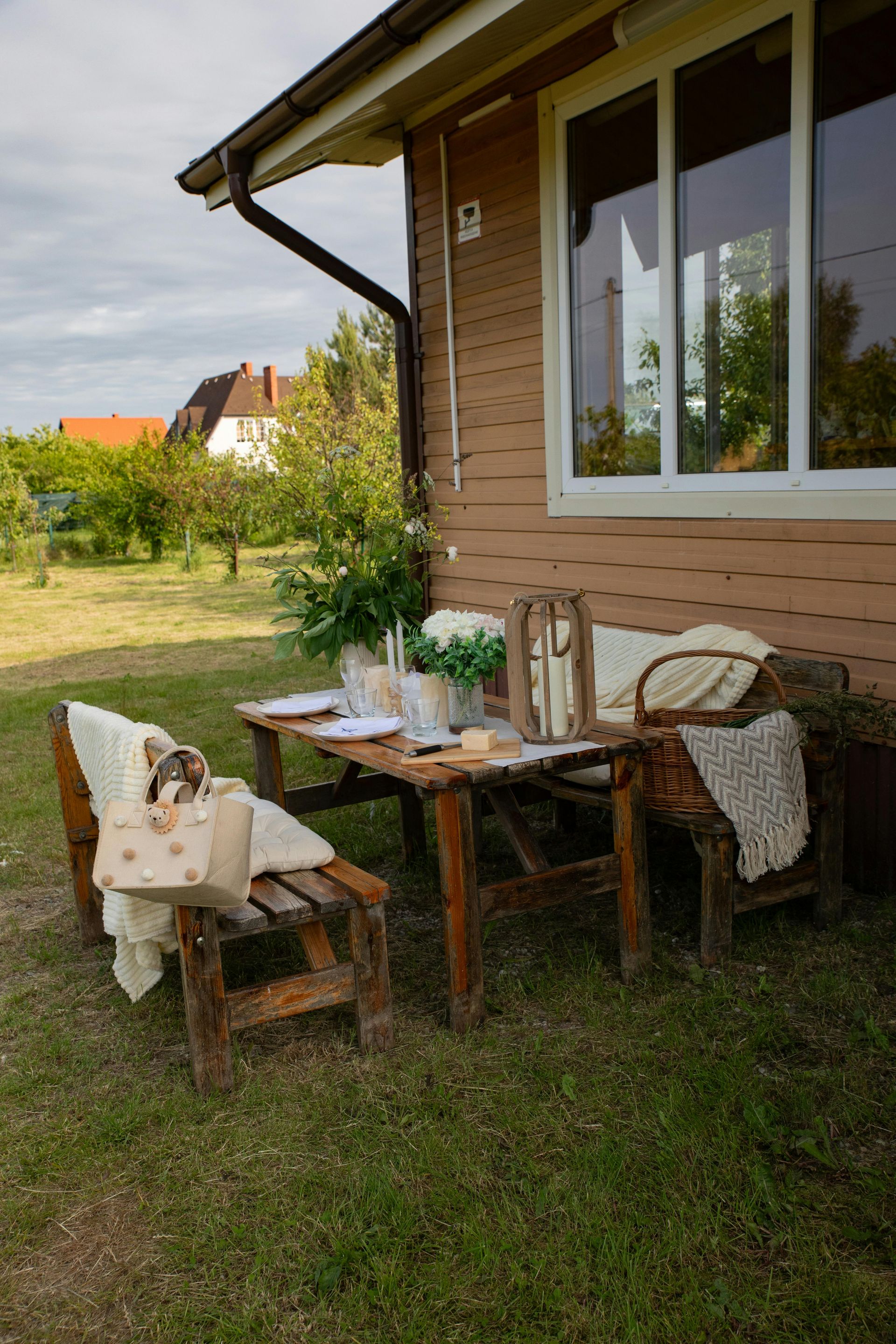
Let’s paint a familiar picture: it’s summer in Central Florida. The sun is blazing, your A/C is gasping, and your electric bill looks like it was written in Monopoly money. Naturally, someone recommends you “just tint your windows” or “get Low-E glass.” But what does that really mean—and which one is better?
Let’s break it down in the only way Windoor Retro Professionals knows how: with brutal honesty, heavy research, and a dash of sarcasm where appropriate.
🧪 What’s the Difference Between Tint and Low-E, Anyway?
Here’s the simplest breakdown:
- Window Tint is a film that’s applied to the surface of the glass (usually interior-facing) to reduce heat, UV rays, and glare.
- Low-E (Low Emissivity) Coating is a microscopically thin metallic oxide layer built into the glass during manufacturing. It reflects infrared and UV light without affecting visible light much at all.
At first glance, both seem to do the same thing: block heat and light. But the way they work—and what they’re best suited for—couldn’t be more different.
🔬 The Science Behind Low-E Glass
Low-E glass works using a super-thin coating (thinner than a human hair) that reflects infrared light while allowing visible light through. That’s fancy talk for: it keeps your home cooler in the summer and warmer in the winter.
There are a few types, but let’s focus on the one you’ll likely encounter here in Florida:
- Low-E 366 Glass: The gold standard for our climate. It has three layers of silver, blocks 95% of UV rays, and still allows plenty of light through. It’s perfect for hot climates with lots of sun.
💡 Fun fact: This coating is baked into the glass itself. That means it won’t peel, bubble, or discolor like tint sometimes does.
🕶️ What About Tint? Isn’t That Cheaper?
Yes and no.
Tint is a cost-effective, short-term solution that can reduce glare and heat. But it’s applied after the glass is installed, and it doesn’t reflect heat as effectively as Low-E coatings. Most tint films:
- 🚫 Block UV but not infrared rays (so your A/C still works overtime)
- ❌ May discolor or bubble over time
- ⛔ Could void your window warranty if not manufacturer-approved
Tint is popular in cars and offices because it’s quick and inexpensive. But when it comes to residential windows—especially in Florida—tint is kind of like putting a band-aid on a sunburn.
💰 Upfront Cost vs. Long-Term Savings
Here’s a Florida homeowner’s favorite part—money.
🏷️ Tint Cost (per window):
- $50–$125 per window on average
- Shorter lifespan (5–10 years)
🏷️ Low-E Glass Cost (per window):
- Typically built into modern window pricing
- Lifespan: 20+ years
- Usually comes with energy-efficiency tax benefits or rebates
While tint might save you a couple bucks up front, Low-E glass pays you back over time by slashing energy costs—especially in energy-hungry cities like Tampa, Orlando, and St. Petersburg where A/C is life support.
🏡 When Tint Makes Sense
Let’s be fair. Tint isn’t always the wrong choice. It can be ideal when:
- 🪟 You already have clear (non-Low-E) windows and don’t plan on replacing them soon
- 🌇 You want to darken a room for privacy or theater use
- 🌿 You're on a tight budget but need some UV protection
Just don’t confuse tint with a long-term, energy-efficient solution. And make sure you hire someone who knows what they’re doing—bad tint jobs are very obvious.
⚠️ When Tint Becomes a Problem
Many homeowners don’t know that tinting dual-pane Low-E windows can actually trap heat inside the window unit, increasing the chance of seal failure and voiding your warranty. The inner gas—often argon or krypton—gets compromised, reducing your window’s performance drastically.
🚫 Translation: you just spent money making your expensive windows worse.
Also, some HOAs (looking at you, Crystal River and Inverness) don’t allow dark tint for aesthetic reasons. Before you add that limo-black look to your home, check with your neighborhood overlords.
🧊 How Low-E Glass Keeps You Cool (Literally and Figuratively)
Florida’s climate isn’t just hot—it’s humid, salty, and storm-prone. That’s why we always recommend Low-E glass from quality manufacturers like:
- 🏢 Eastern Architectural
- 🏢 CWS by Pella
- 🏢 Viwinco
- 🏢 Simonton
- 🏢 PGT Innovations
These brands make windows specifically designed for Florida Building Code compliance, meaning they’re ready to take on everything from UV rays to hurricane-force winds.
💡 Most Low-E glass also comes with UV protection that helps preserve furniture, drapes, flooring, and even your art.
🔐 Security and Durability: The Bonus Wins
Another myth: “Tint makes your windows harder to break.”
Nope.
That’s tempered or laminated glass, not tint.
However, impact Low-E glass does add a layer of protection. The glass won’t shatter into pieces upon impact—it holds together, even if cracked. That’s essential if you live near Ocala, Homosassa, or Citrus Springs, where summer storms roll in faster than your neighbor’s HOA complaints.
💡 Real-World Example: Gainesville vs. Orlando Homeowners
A Gainesville customer came to us recently asking to tint her 20-year-old windows. The windows were aluminum-framed, single-pane dinosaurs. We gently told her: “Ma’am, that ship has sailed.”
👉 We instead recommended replacing them with double-pane Low-E impact vinyl windows, and her electric bill dropped over 20% the first month. In contrast, a homeowner in Orlando insisted on tinting his existing Low-E windows… and called us three months later because his tint bubbled and his warranty was void.
The moral of the story?
💬 You can’t outsmart science.
🧾 Warranty Wars: The Fine Print Battle
Let’s talk warranties.
- 🧃 Tint companies may give you a 3–10 year warranty.
- 🪟 Low-E glass from manufacturers like Viwinco and Eastern Architectural typically comes with double lifetime warranties—transferable if you sell your home.
And yes, we go over all warranties with you before installation. No gimmicks. No 3-point font. No surprises.
🌍 Environmental Impact
Low-E glass is not just good for your electric bill—it’s good for the planet.
🌱 Reduces carbon emissions
💡 Cuts energy use for heating and cooling
♻️ Often qualifies for local green incentives or utility rebates
Meanwhile, some window tint materials aren’t recyclable and require chemical adhesives that aren’t always eco-friendly.
📍 Local Insight: Where It Matters Most
Your location matters more than you think.
If you're living in:
- Ocala or Inverness: You’re likely dealing with lots of sunshine and tree coverage. Low-E helps balance out indoor temps while keeping heat down.
- Orlando or Tampa: Expect brutal heat and high humidity. You’ll need Low-E to cut down on solar heat gain.
- Saint Petersburg or Crystal River: Saltwater corrosion can eat cheap tint alive. Low-E offers better long-term performance in coastal climates.
- Citrus Springs, Homosassa, Hernando: These areas benefit from added privacy and storm protection—Low-E glass helps here too, especially when paired with impact-rated frames.
🔧 What We Recommend at Windoor Retro Professionals
You know where we stand: Low-E wins nearly every time.
But we’ll always tailor your solution based on:
- Your budget 💸
- Your location 📍
- The age and type of your existing windows 🧱
- Whether you’re planning on staying long-term or selling soon 🏠
The key takeaway?
Tint is a temporary fix. Low-E is a long-term investment.
🎯 Final Verdict: Low-E Over Tint, Every Time
If you’re thinking long-term, want to reduce energy bills, preserve your home’s interior, and protect against Florida’s weather tantrums, Low-E coated windows are hands-down the better choice.
And when you work with Windoor Retro Professionals, you’re not just getting the right glass—you’re getting the right team.
We serve Ocala, Gainesville, Tampa, Orlando, Saint Petersburg, Crystal River, Inverness, Citrus Springs, Homosassa, Hernando, and the surrounding areas with honest advice, transparent pricing, and top-tier products.
📞 Ready to Ditch the Heat (and the Gimmicks)?
Call us at (352) 681-8644 or visit www.wretropro.com to schedule your free consultation.
Your windows should work with Florida’s climate—not against it.
